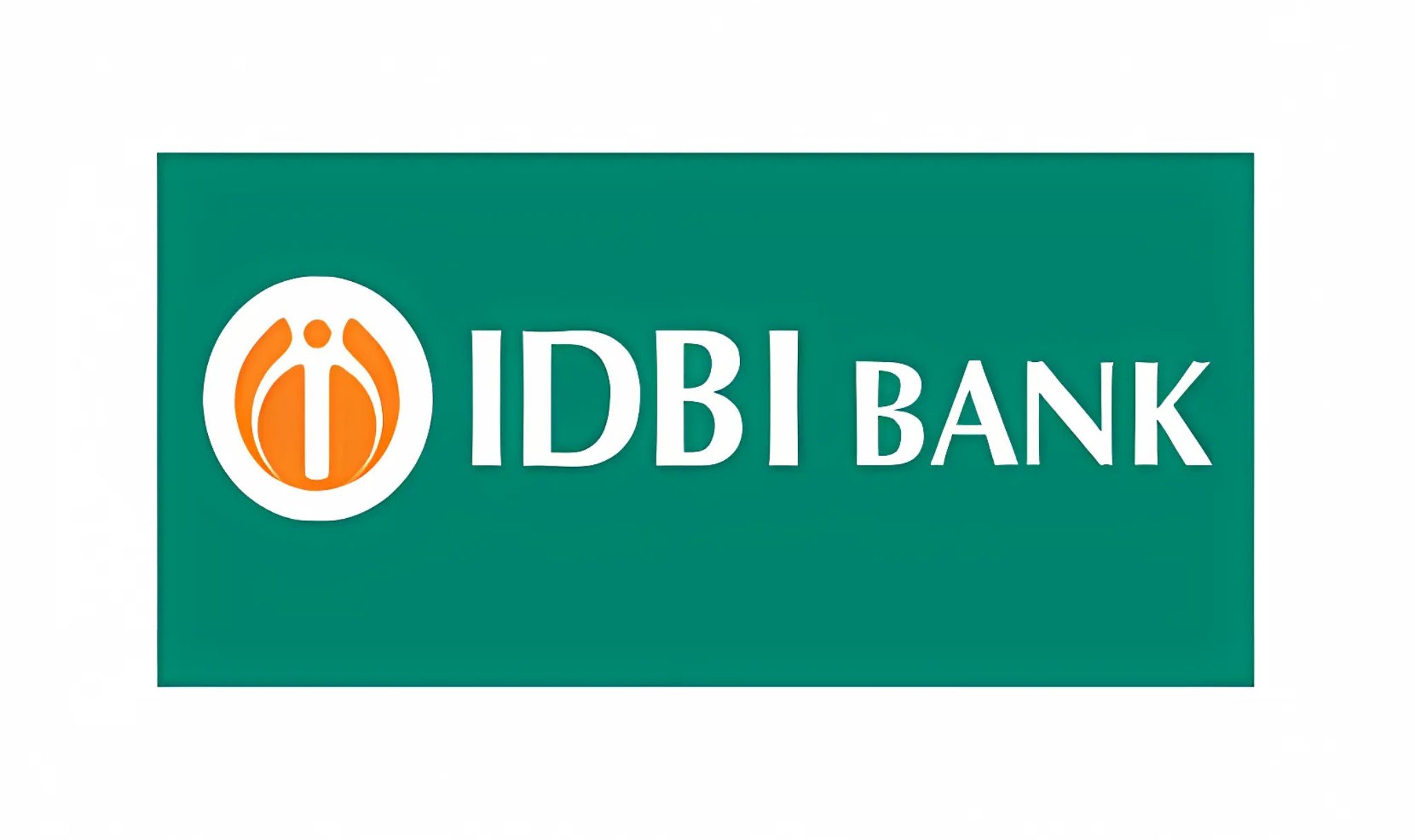Dabur India Ltd, India’s top FMCG company, saw its share price plummet dramatically on the morning of January 17 after an update on business announcing weaker-than-anticipated financial performance for Q ended March 2025. The iconic Chyawanprash, Dabur Honey, and vast array of health and personal care products maker informed that its Q4 FY25 consolidated revenue will remain flat and its operating profit margin will narrow by 150-175 basis points year-on-year (YoY).
At 10:30 AM, the share price of Dabur India declined by more than 7%, quoted at Rs 462.45 per share on the National Stock Exchange (NSE), as investors processed the weak outlook for the performance of the company in the last quarter of the financial year. While the FMCG sector giant had also been expecting a stronger close to the fiscal year, the coaction of operating deleverage and inflationary pressure weighed significantly on its profit margins, creating concerns in the markets.
In this blog post, we will deconstruct Dabur India‘s recent performance, why its stock price fell, and the probable factors that could influence the company in the future.
Major Highlights of Dabur India‘s Q4 Update
1. Flat Revenue Growth for Q4 FY25
Consolidated top line of Dabur India for Q4 FY25 is anticipated to reflect minimal growth, which is a key worry for investors. Performance of the company in the domestic market, especially the FMCG segment, has been lacklustre in recent times, and volume trends have been muted. Consequently, though Dabur‘s global markets are likely to be better, the zero revenue growth guide reflects that growth in the domestic market is facing pressure.
The report observes that the rural business of the company, which was growing at a faster rate than urban markets in earlier quarters, continues to hold up fairly well. The urban markets, especially the FMCG, however, remain weak and have been affecting overall revenue performance. This is a major concern for Dabur since urban markets historically contribute a higher proportion of revenue to the FMCG business.
2. Operating Profit Margin to Contraction
One of the biggest worries with Dabur India’s update is the anticipation of a 150-175 basis point contraction in its operating profit margin in Q4. The anticipated fall in margins is on account of inflationary pressures and operating deleverage, two critical drivers influencing Dabur‘s profitability.
Inflation has hurt raw material prices, which is a universal problem that most FMCG firms have been dealing with. Furthermore, Dabur has experienced operating deleverage, where its fixed costs were more than expected while variable costs, such as raw materials and transportation, have added more pressure to the company‘s margins.
3. Key International Markets Poised for Strong Performance
While there are difficulties in the local market, Dabur‘s most important international markets are set to record high growth. The MENA region and Egypt and Bangladesh are set to record healthy double-digit growth in constant currency terms. Dabur‘s overseas business continues to be a solid support for the company as these markets continue to see good performance in spite of the overall difficulties present in India.
The international appetite for Dabur‘s offerings, particularly in markets such as MENA, which is a developing market for health and wellness products, brings some hope to the company. The fact that the company has been able to leverage international markets with its spread of products is a good augury for its long-term growth opportunities, although domestic woes continue.
4. Good Performance by Dabur‘s Food Business
The other high point of the update was the sustained good performance of Dabur‘s Foods business, specifically its ‘Hommade‘ and ‘Badshah‘ brands. This business is anticipated to register double-digit growth for Q4 FY25, underpinned by robust consumer demand for the products of the company. The Foods business performance comes as a solace to Dabur since it is a stable and rising revenue stream during an otherwise trying quarter.
5. India FMCG Business Outlook
Dabur India‘s India FMCG business, comprising health, personal care, and household categories of products, is likely to experience a mid-single-digit decline in Q4. This decline is due to a mix of factors, including truncated and delayed winters, which affected the demand for seasonal products, and also due to a slowdown in urban markets.
Urban FMCG sales have been specifically pressured by slowing discretionary spending. The same has been further exacerbated by inflationary pressures, which caused more subdued consumer spending habits. Rural markets themselves are still in good health and growing at a higher rate, but the entire FMCG sector is still flat, which has impacted Dabur‘s near-term performance negatively.
6. Recovery Hopes Tied to Union Budget Incentives
Nonwithstanding the near-term issues, Dabur management is upbeat about the future. The company has emphasized its in-house initiatives to achieve profitable growth, such as investments in brand establishment, building go-to-market capabilities, and improving operating efficiency. The company is also optimistic that the incentives mooted in the recent Union Budget will drive consumption and aid a turnaround in the FMCG industry.
The Indian government’s focus on boosting economic growth through various initiatives, including fiscal stimulus for the rural economy, is expected to benefit companies like Dabur, which have a significant presence in rural markets. Dabur is well-positioned to capitalize on these opportunities, especially if consumer sentiment improves in the coming months.
7. Decline in Stock Price Over the Last Year
In the last one year, the share price of Dabur India has seen a remarkable fall, more than 13%. This relative performance is worse compared to the overall market as the Nifty 50 index has risen about 3.8% for the same time period. Underperformance of Dabur versus the market is a cause for concern among investors, and this latest news about Q4 performance has only fueled these concerns.
The FMCG industry, to which Dabur belongs, has witnessed a number of issues in the last year, such as inflationary pressures, supply chain troubles, and a slower-than-anticipated pickup in consumer demand. All these headwinds have directly influenced Dabur‘s stock performance, causing investors heavy losses over the past few months.
What Does This Imply for Dabur India In The Future?
Dabur India‘s prospects are still cautiously optimistic in the face of the short-term setbacks. Strong operations in some of the big international markets, and a steady rural business, have some bottom to cushion its performance in the domestic downturn. Nevertheless, the company will need to concentrate on rectifying challenges in urban FMCG markets as well as ramping up its operating efficiency so as to steer profitability in subsequent quarters.
The anticipated incentives in the Union Budget and the likely bounce back in consumer demand, especially in the FMCG space, may help Dabur achieve the much-needed boost to fuel growth in the second half of FY25. Also, the robust performance in the Foods business and the overseas markets provide a ray of hope for the company‘s long-term future.
For investors, the present share price fall is both a threat and an opportunity. Although the short-term prospects of Dabur remain subdued, the long-term promise of the company, in the form of its robust brand portfolio, global expansion, and emphasis on innovation, stands unscathed. Investors will have to keep a close eye on the performance of the company in the next couple of months, particularly considering the upcoming Union Budget benefits and any shift in consumer psychology.
Conclusion
Dabur India, one of the dominant FMCG players in India, is going through a difficult phase with muted growth in its domestic FMCG operation and shrinking profit margins. International markets are still robust, and the ability of the company to ride out the slowdown in urban economies and inflationary pressures will be crucial to the company’s future performance.
Investors and analysts alike will be keeping a close eye on Dabur‘s capacity to execute good strategies to spur profitability, especially during a challenging economic climate. The company‘s efforts to enhance operational efficiency and tap into government incentives are a glimmer of hope for revival, but the question remains how soon these can deliver concrete returns.
As ever, stock market investors need to remain vigilant and well-informed, watching out for Dabur‘s financial reports and overall economic factors that may affect the FMCG industry in the next few months. With proper strategy and emphasis on growth segments such as the Foods business and overseas markets, Dabur India may still be able to turn its fortunes around and regain investor confidence.















0 Comments